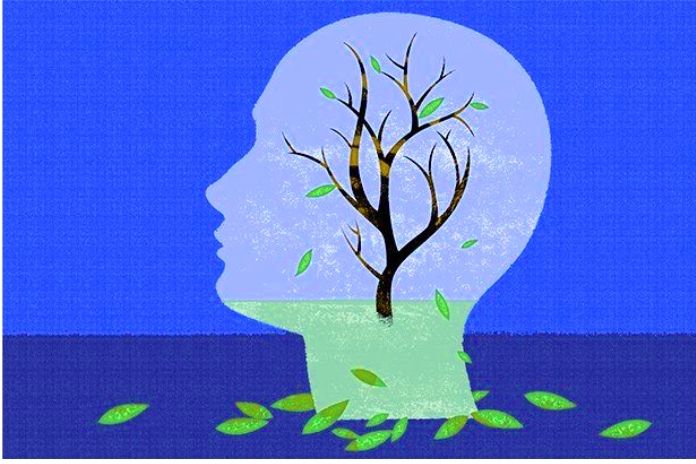Good news for anyone trying to stay mentally fit but not a sports fanatic: According to a study, even light activities such as walking can help slow the brain’s aging process and prevent dementia.
From a health perspective, there are many good reasons to be physically active: for example, that the risk of heart disease, strokes, and diabetes is reduced.
Another great benefit is of particular interest to those afraid of memory loss in old age because movement supports memory and thinking skills.
A recent study has shown how strong the effects are. Boston University scientists examined data from ongoing research on heart health in the United States to explore all of the health benefits of exercise.
The result: physical activity, even with low intensity, is associated with a larger brain volume and healthy aging of the brain, according to the researchers in a press release.
Movement Keeps The Brain Young
The researchers found that for every additional hour of physical activity we did in an average week, the age of our brain was 1.1 years younger.
This means that someone who did three hours of exercise every week could, over time, maintain a brain three years younger than that of a person of the same age who did not move.
The good thing about it: Even exercises with lower intensity were helpful in the study – as long as the training was sufficient to challenge the heart, lungs, and muscles.
“We have only just begun to uncover the relationship between physical activity and brain health,” said researcher Dr. Nicole Spartano in the letter.
Experts Recommend 150 Minutes Of Exercise Per Week
The scientists’ letter recommends that “achieve 150 minutes of moderate to vigorous physical activity per week for significant health benefits.”
However, Spartano also emphasizes that any activity was associated with higher brain volumes. The effect could even be observed in people who did not adhere to the current guidelines for physical activity and, therefore, actually did not move enough.
“These data agree with the assumption that potential benefits of physical activity for the aging of the brain can already be achieved with a lower level of intensity or volume,” said the expert.
Research Is Only Just Beginning
According to Spartano, there is a need to study the effects of physical inactivity on brain aging in different ethnic and socioeconomic groups. Her team intends to face this task with further studies in the future.
There is still a lot of disagreement about whether and to what extent exercise and a healthy diet can influence dementia and other memory impairments.
Although various studies had suggested positive effects of sport and exercise, other studies denied this again.
However, other health benefits, such as a lower risk of heart attacks, have been proven beyond doubt. So doing sport and exercising regularly is worth it.
ALSO READ: JOG IN THE MORNING: THIS IS HOW YOU MOTIVATE YOURSELF TO DO MORNING EXERCISE

